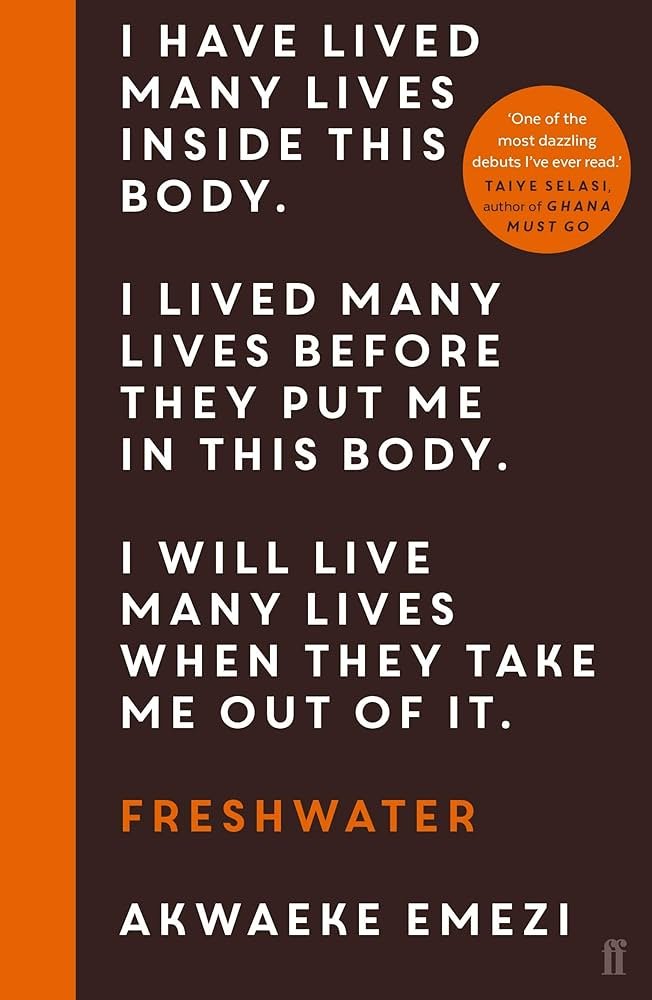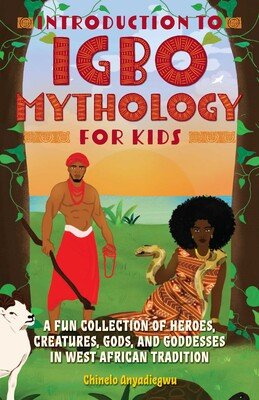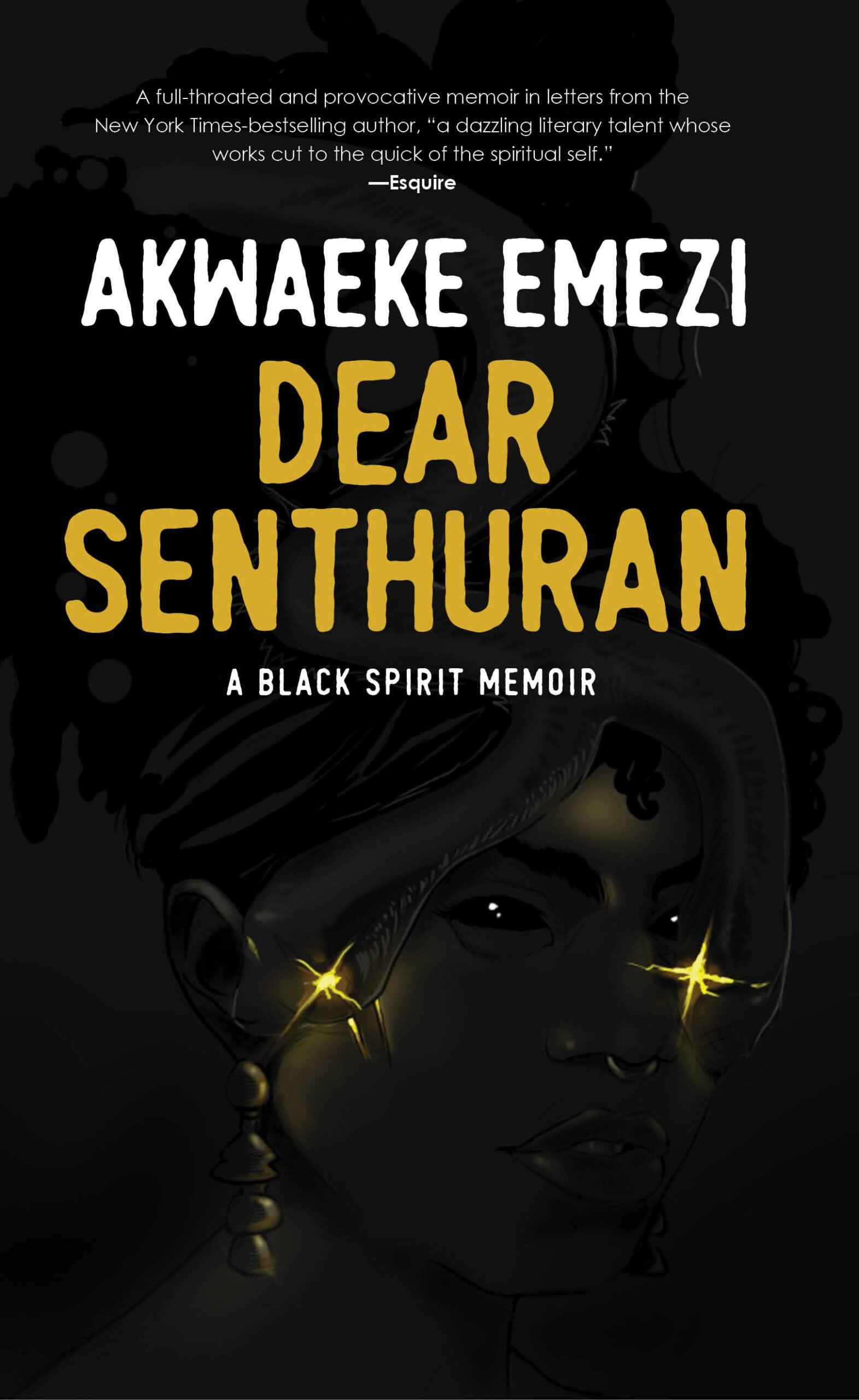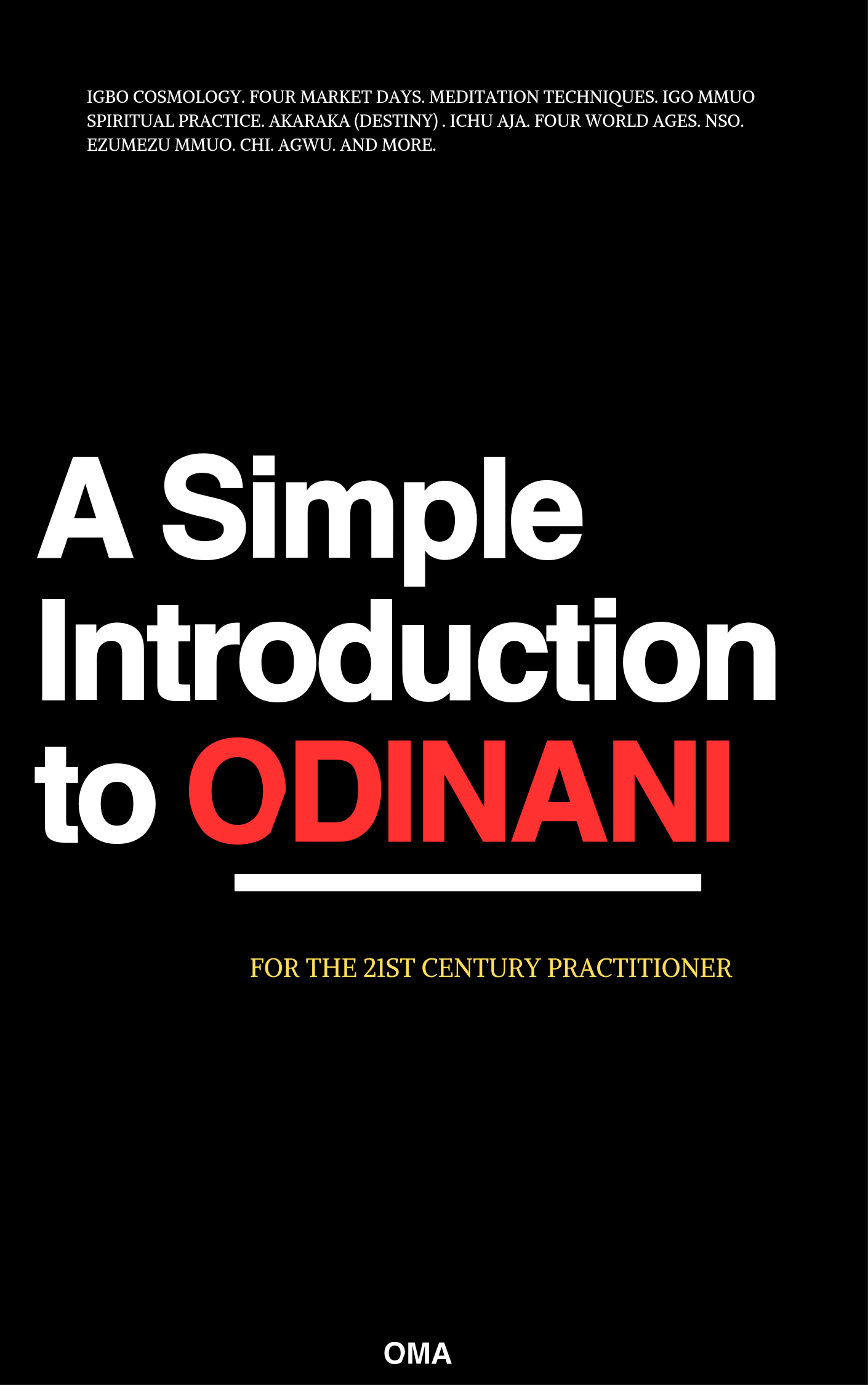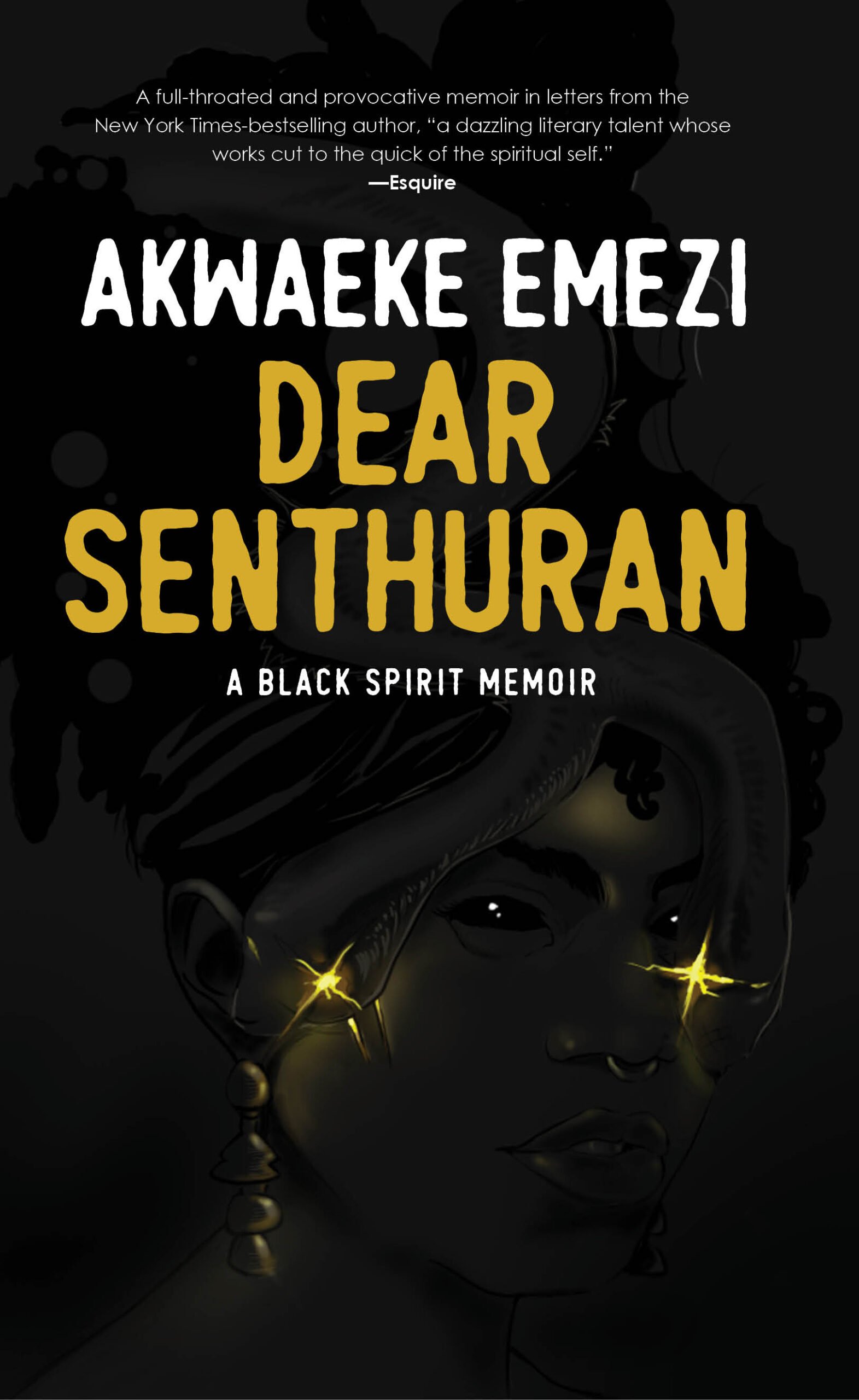No Longer At Ease Book Review
While reading this book, I didn't have the faintest idea that Obi Okonkwo's father, Isaac Okonkwo, is Nwoye, Okonkwo's son from Things fall apart. That means Obi Okonkwo is Okonkwo's grandson, and they have a lot of similarities.
No longer at ease by Chinua Achebe is a sequel to Things fall apart, and the second book in the series known as the African trilogy, which comprises; Things fall apart, No longer at ease and Arrow of God.
Blurb
Obi Okonkwo is an idealistic young man who has now returned to Nigeria for a job in the civil service. However in his new role he finds that the way of government seems to be corruption. Obi manages to resist the bribes offered to him, but when he falls in love with an unsuitable girl, he sinks further into emotional and financial turmoil.
Plot
Set in the fifties, No longer at ease is a story about Obi Okonkwo, a man that the people of his town, Umuofia, send to England to study Law on a scholarship that he would repay for four years. But Obi doesn't study law, he studies English instead.
Typical Obi Okonkwo, he does whatever he wants, not minding anybody's thoughts or feelings. Though the Umuofians do not really like his course of study, they're still satisfied with whatever they can get, and that they can finally boast to the other communities that their son has gone to England to study amongst the white men.
“Greatness is now in the things of the white man. And so we too have changed our tune. We are the first in all the nine villages to send our son to the white man's land.”
Obi's father, Isaac, is not only a devout Christian, but a Catechist too, and so does nothing that will associate him with the heathens. He wears his faith on his sleeves and expects everyone in his family to do the same.
But when Obi comes home after his studies, he doesn't really believe in God. But he doesn't let his father know, because what good will it do him? In fact, Obi is the opposite of what the Umuofians expect of him. As if his studying English in place of Law isn't enough, he tells them he wants to marry Clara, an osu.
Now an Osu is an outcast, a person whom their forefathers were dedicated to the gods. Their generations and generations after them are meant to belong to the gods and this means they have no business marrying the freeborns, no matter how successful and beautiful they may be.
When Obi finds out Clara is an osu, he swears to marry her, that nothing, not even a barbaric law can stop him. His townsman, Joseph, tries to stop him, but he's too stubborn to listen to anyone. And this is one trait that him and Okonkwo of Things fall apart have in common, obstinacy.
During his days, Okonkwo's pigheadedness makes him to not heed Ogbuefi Ezeudu's advice not to have a hand in Ikemefuna's death. His stubbornness makes him disown Nwoye, his son, for following the white man's religion, and even when his friends and fellow elders are surrendering, he refuses to budge. Instead, he takes his own life.
Obi Okonkwo is truly his grandfather's grandson, because he's also stubborn to a fault. He knows his people's culture, and that it is unheard of that freeborns marry outcasts, but he is so determined to break that law.
According to him, the law is obnoxious. Why should people be denied to marry the people they love because of something their great, great, great, great grandparents did? He says the law would be obsolete in ten years time, so he should as well break it now.
But he doesn't know that sixty years later, the law would still be very much practiced in Igbo land. The issue of the Osu caste system has been one that has raised debates and controversial conversations for many years. It is one of the traditions that even Christianity hasn't been able to abolish. Because even as religious as Obi's father is, he vehemently refuses to let Obi marry an osu.
Even as Obi uses his own words against him, that it is a heathen behavior to call whom God created unclean, but Isaac refuses to give in. In his defense, he asks who would marry Obi's children. It's not enough that he marries Clara. But what of their children, who would marry them? Who would want to associate themselves with his family?
When Obi Okonkwo comes back from his studies, he takes a job with the Scholarship Board, through the help of his friend, Joseph.
And when he resumes his duty, he is offered a bribe by a man who is trying to obtain a scholarship for his sister.
Being a principled man, Obi rejects the offer. But the girl herself visits him, offering him sexual favors in exchange for the scholarship. But he refuses it too.
However, it would not take long for him to start succumbing to the temptations that come with the offering of bribes.
When Clara finds out of Obi’s family's disapproval of their marriage, she too, decides to break up with him. But not until she finds out she's pregnant for Obi, who suggests abortion.
Obi would sink into depression during this time. And it doesn't even help that his mother soon passes away. His frustration and depression push him to indulge in more corruption. It is as if the more bribes he takes, the more he craves for them.
But then, everyday is for the thief, but one day belongs to the owner of the house. When he finally decides that he has taken enough bribes and wants to start being a decent man, he falls into the trap that is being set for him. And that is where the story starts, in a court room, when he is being tried for bribery and corruption.
Themes
There are so many themes derivable from this book.
The Effect of the Osu Caster System in Igbo Culture: It is a disastrous feeling that at this age and year, so many people break engagements with people they're madly in love with, because they find out one of them is an osu. So many books have been written about it, so many talks have been made. But it's still much deep-rooted in Igbo's tradition and I'm not sure if it will ever be abolished.
I think it's a harmful traditional practice that should be abolished, but the big question is by who? The fundamental question asked whenever anyone wants to get married is if they're a family of osu, and no matter how Christian anyone is, the realization quickly puts them off. I really don't know if and when it will be abolished, but I hope it happens soon.
It is said that one of the reasons the indirect rule didn't work out in the Igbo society during the colonial era was because the colonial masters made use of warrant chiefs who are the osus.
Now an osu is considered a slave, an everlasting slave to the deities. And in those days, they lived in the evil forests away from every other person.
So for Igbo people who are not familiar with the concept of kingship, it was a taboo to take commands from osus. And that was why they fiercely fought against the colonial masters and the indirect rule failed woefully.
Principles and Yielding to Corruption: Obi is a principled man who would never indulge in any form of corruption no matter how much of a reward is dangled at him, till one day, something happens and he slowly becomes that which he swore never to be.
And it leads me to think if we're really principled or just haven't faced the befitting temptation. Is self-principle an illusion, or are humans true to their principles no matter what? In reality, humans are fickle beings, who dance to any tune that is favorable to them. And the hardest part of being principled, is actually keeping them, staying faithful. It's easy to be swayed by the things we lack and would do anything to have. But we shouldn't be like Obi, we should be faithful to our principles.
Quotes From the Book
"Na good luck," said the man. "Dog bring good luck for new car. But duck be different. If you kill duck you go get accident or kill man."
“The second generation of educated Nigerians had gone back to eating pounded yams or garri with their fingers for the good reason that it tasted better that way. Also for the even better reason that they were not as scared as the first generation of being called uncivilized.”
"Nonsense!" said Obi. "That's what call colonial mentality."
"Call it what you like," said Joseph in Ibo. "You know more book than I, but I am older and wiser. And can tell you that a man does not challenge his chi to a wrestling match."
"Osu is like leprosy in the minds of our people. I beg of you, my son, not to bring the mark of shame and of leprosy into your family. If you do, your children and your children's children unto the third and fourth generations will curse your memory.”
“Obi's father and Ikemefuna became inseparable. But one day the Oracle of the Hills and the Caves decreed that the boy should be killed. Obi's grandfather loved the boy. But when the moment came it was his matchet that cut him down. Even in those days some elders said it was a great wrong that a man should raise his hands against a child that called him father.”
“What comfort did a dead man derive from the knowledge that his murderer was in sackcloth and ashes?”






